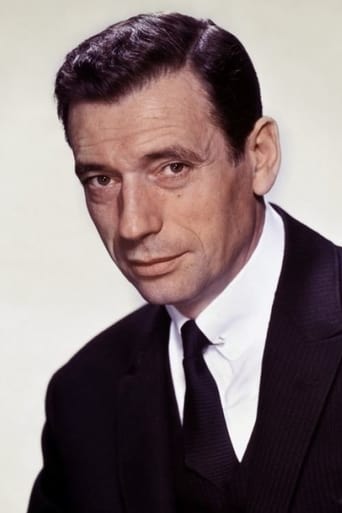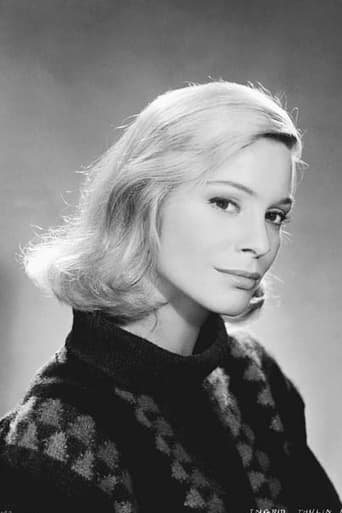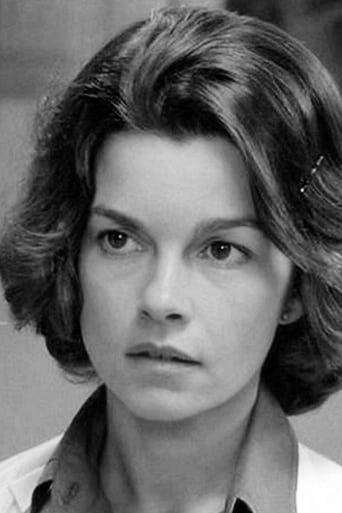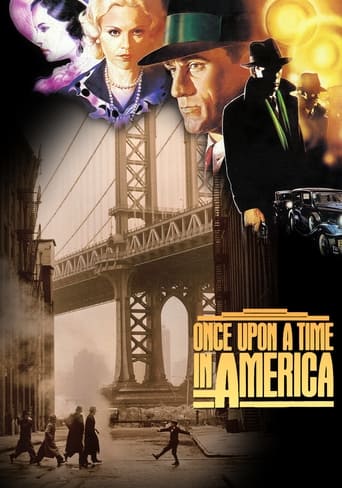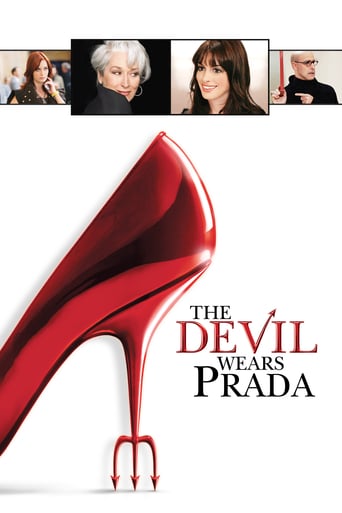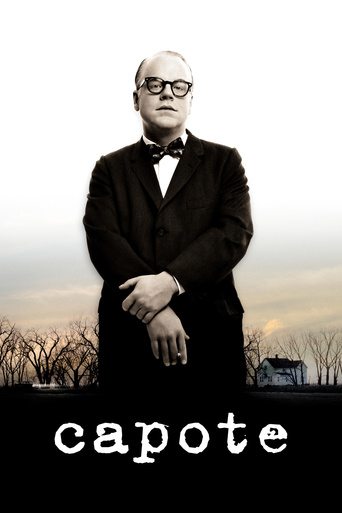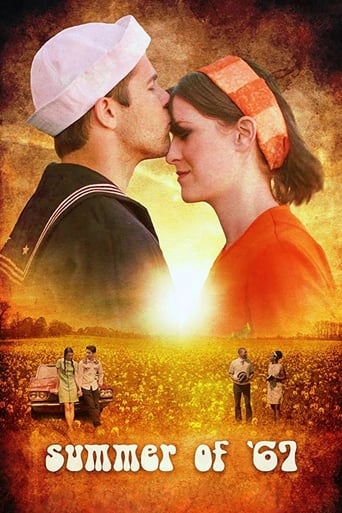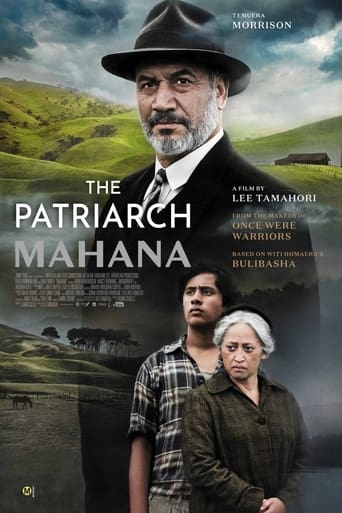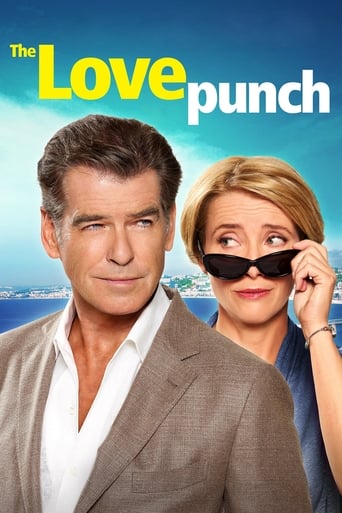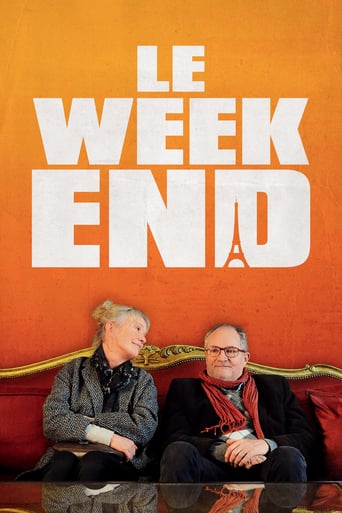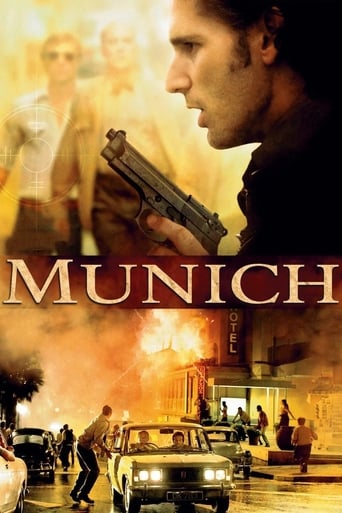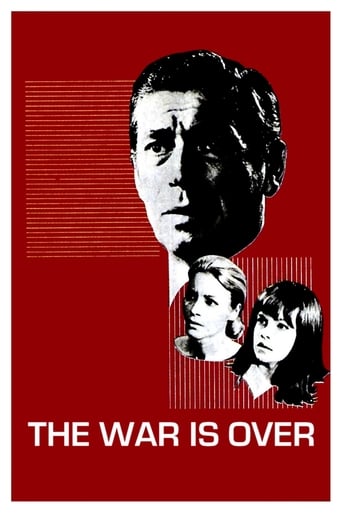
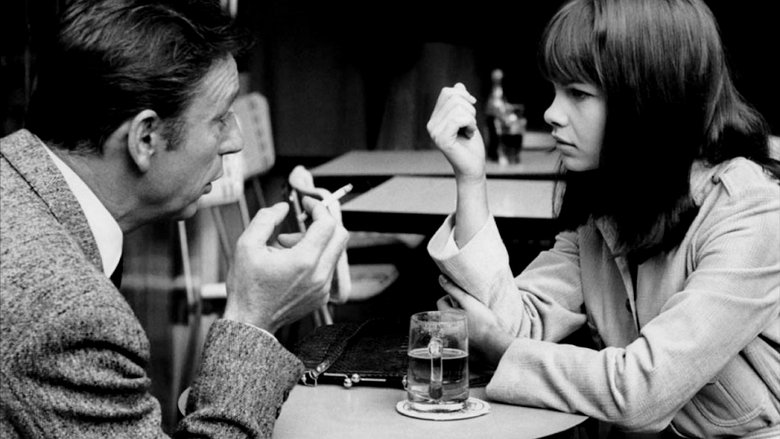
The War Is Over (1967)
Diego is one of the chiefs of the Spanish Communist Party. On his way from Madrid to Paris, he is arrested at the border for an ID check but manages to get free. When he arrives in Paris, he starts searching for one of his comrade to prevent him from going to Madrid where he could be arrested.
Watch Trailer
Cast


Similar titles
Reviews
People are voting emotionally.
A Disappointing Continuation
Like the great film, it's made with a great deal of visible affection both in front of and behind the camera.
Exactly the movie you think it is, but not the movie you want it to be.
Yves Montand plays Diego Mora, a Spanish-born refugee living in France but working for the underground resistance trying to overthrow Franco's fascist regime. He's been in this life for years and is becoming disillusioned with the futility of his actions and the inability of his colleagues to change their modus operandi.The story starts at the French-Spanish border, Diego is stopped by the authorities. He was meant to meet a contact in Madrid as part of a plan to organise a general strike in Spain. The police let's him go but he feels something's wrong and his suspicions are confirmed when his friends start being arrested. So he returns to reorganise himself, meet the leaders of the resistance, and spend some time with his love, Marianne (played by Ingrid Thulin).It may sound disappointing to say that not much more happens in the course of the movie, but this movie is not a traditional political thriller. A viewer expecting suspense and tension will certainly find better options. The War Is Over is in fact a character study and an illustration of how futile and unpleasant fighting for one's convictions can be.Through the life of Diego Mora, we discover a world of freedom fighters that cinema seldom portrays: it's boring, it requires patience, it hardly achieves anything, and it's bogged down in rhetoric and theory instead of inspiring action, and no one is thanked for their personal and emotional sacrifices. This is the life of ordinary people who've given up their personal lives to fight for something they believe is worthy but who live forever in the uncertainty: is it all worth it? There are some scenes that stand out for its contrast of ideas: for instance, when Diego meets the leaders of the resistance, he suggests cancelling the general strike. His views are criticised for being too blinded by reality. It seems that Diego, spending too much time in Spain, can't see the big picture anymore, as opposed to the bourgeois-living leaders in Paris with their ideas and quotes from Lenin and other Marxist theorists. If you can't appreciate the black humor of this situation, this movie won't do anything for you.In another scene Diego meets, through a teenager who admires him, several young men who are planning to use explosives to fight Franco. It seems they're more in tune with his line of thinking, preferring action over theory. But Diego can't see eye to eye with them either. Exactly what does Diego want? That's the great existential mystery of the movie.I watched this movie because Jorge Semprún wrote it. Most viewers will come to it via Alain Resnais' name, but this director has never done much for me. So I have little to say about the editing or the cinematography. For me the quality of this movie is focused mostly on the screenplay and the acting.Jorge Semprún was perhaps more interested in politics than Resnais, as we can see by the movies he wrote later: Z, Special Section, The Confession. In these movies I admired his subdued approach to political thrillers. Rather than glamorising, making things exciting, he preferred to dismantle things and analyse them, get to the core of them. That is precisely what he does in The War Is Over, in showing perhaps the most realistic portrait of life in an underground resistance in cinema ever.
I am thrilled that a DVD version of this nightmare has been released. After 36 long years I am able to show my friends what I have so often argued is the most horrible example of film making in all human history. I recently viewed it for the second time, the first being in 1966. Perhaps I was too young then to appreciate the subtleties or nuances of the film, its textures and complexities. Gimme a break, this thing plays worse now than it did then.The reason I firmly believe that this is the worst flick I've ever seen is that it actually takes itself seriously: It has a respected director (Resnais), stars the greatest French actor ever (Montand), and introduces the beautiful and talented Genevieve Bujold (oh those eyes). Throw in Ingrid Thulin (Bergman freaks know this talented woman) and the movie shouldn't miss. It does, it is just bad.There's a story in there somewhere wrapped around a few steamy (for the times) sex scenes and a delightful bit of on-camera puking (always fun). Mostly the movie tries to insult your sensibilities while engaging in a pointless and confusing character study of a frustrated middle-aged anti-Franco Marxist. The problem is the guy is shallow, there is no character to study. The rest of the people are very '60s Euro-lefties, very chic, and very uninteresting to all but themselves (and Resnais) in 1966 - I can't begin to imagine how boring they must be to modern audiences. If you want to be entertained while battling against old right-wing Spanish dictators grab yourself some Hemingway. Now there's a guy who could study character.When we left that theater in 1966 my date turned to me laughingly and said that if I lived a good life God would never make me see a movie that bad again. Apparently I've lived a good life. Listen, I've sat through Ed Wood productions and Anne-Margaret's "Kitten With a Whip" but "La Guerre Est Finie" remains the worst flick I've ever seen.
Alain Resnais was almost a god of cinema in the 60's. That people actually discussed the meaning of Last Year at Marienbad at parties seems unbelievable today (yet check the posts for Mulholland Drive), but it was a cultural object just as real as a Picasso painting. If I say that La Guerre est finie has aged badly, that's not to say that it didn't hold the attention of liberals 40 years ago.The politics of the main (male) characters are fossilized. The old Bolshevik ideals have become more and more detached from reality. Diego knows that there will be no general strike in Spain on May 1st, no matter how hard they will it to happen. Pamphlets smuggled by car into the country in false compartments are not being translated into actions. Diego's lack of authenticity is his real problem: he's spent most of his life in France, speaks better French than Spanish, and is watching people 20 years younger than himself taking more radical steps to end Franco's rule.Marianne has a greater grasp of reality than her lover. After nine years with Diego, she just wants to settle down and have kids, and put an end to the endless coded conversations with her friends (who are ignorant of Diego's revolutionary activities). She watches as Diego gets sloppy--driving with lights out while there's a suitcase full of plastic explosives in the car, as a cop stops them for questioning. Semprun's script makes Montand into a sexual magnet; has any 20-year-old girl taken off her clothes faster for a tired 45-year-old man? The star system dictates that the male lead be a stud, but there are limits.
CAUTION: NOTES ON PLOT INCLUDEDWell, if you think this movie is about hot sex and Franco, then you could stick to Hemingway. A stunning psychodrama about a man who has seen his life burned out after decades of fighting a "good" but hopeless war, recognizes the futility, and sees another generation committing itself to figurative and literal suicide. Does he stop them? Join them? Can he have any effect at all? Does he try? See the movie. If you're into political drama a la Frankenheimer, Zinnemann, or Costa Gavras, this one is a "ten."But you're right about Genevieve Bujold. Are you ever 8-)


